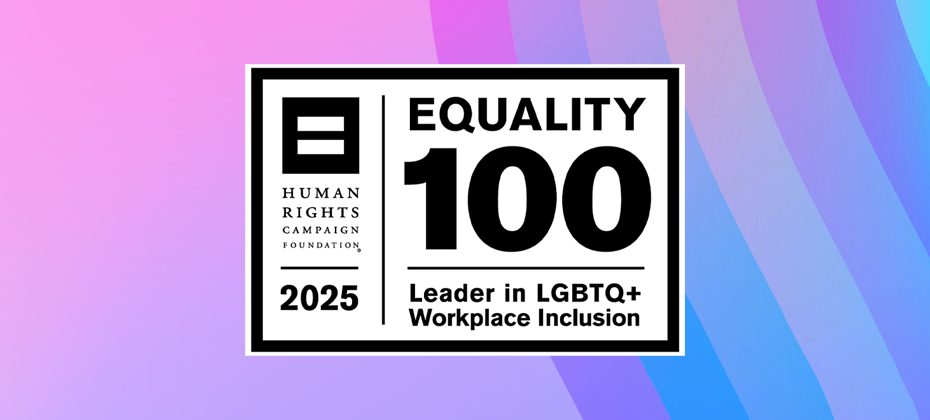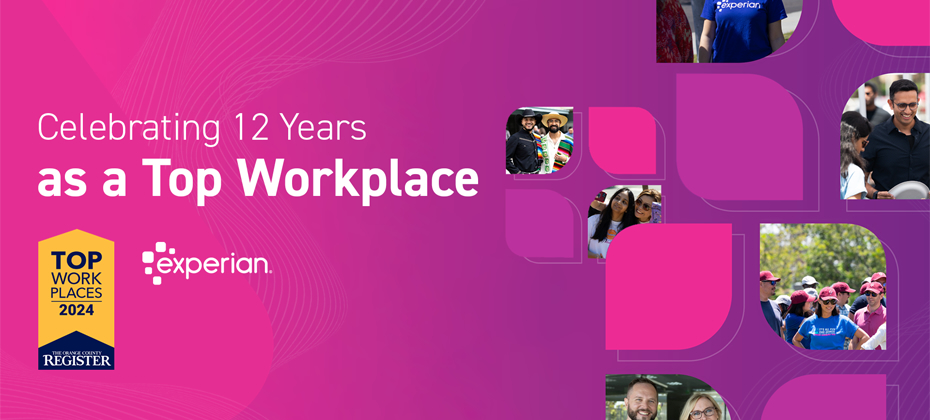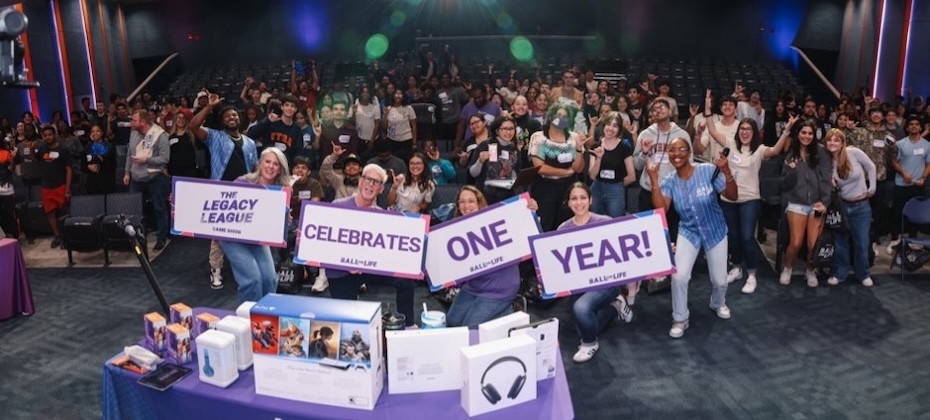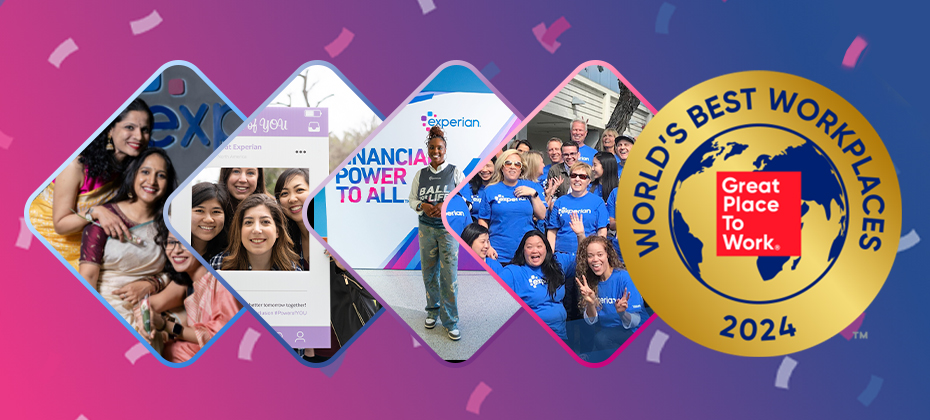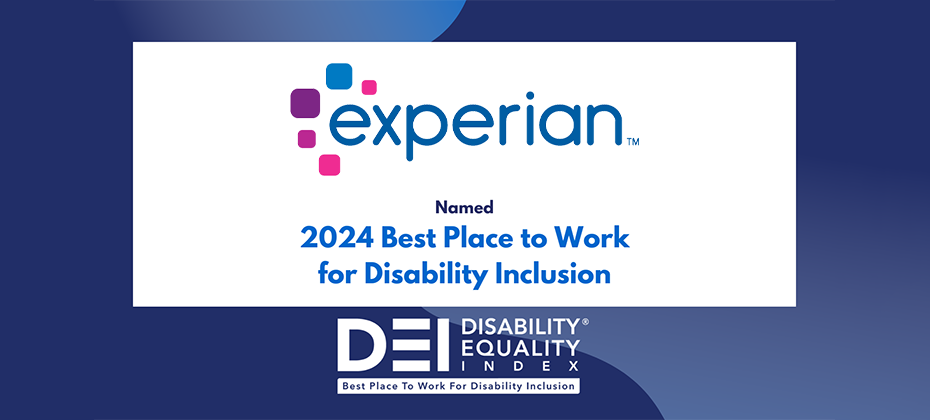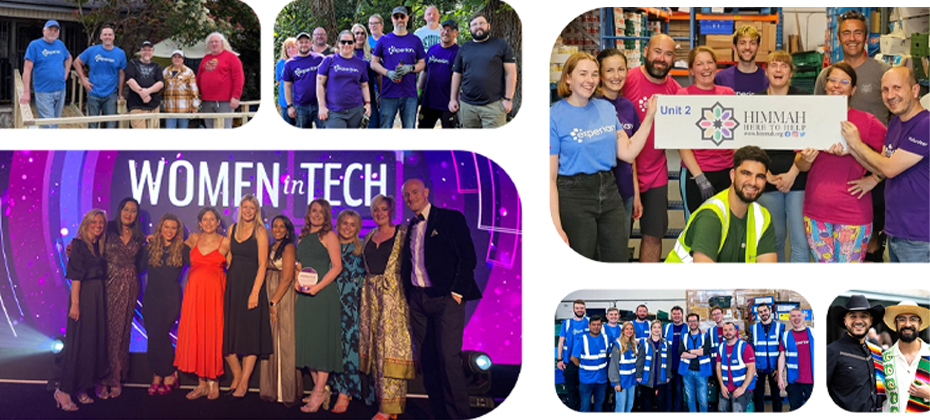At A Glance
At a Glance When an unknown printer took a galley of type and scrambled it to make a type 2ince the 1500s, when an unknown printer took a galley of type and scrambled it to make a type specimen book. It has survived not only five centuries, but also the leap into electronic typesetting, remaining essentially unchanged. It was popularised in the 1960s with the release ince the 1500s, when an unknown printer took a galley of type and scrambled it to make a type specimen book. It has survived not only five centuries, but also the leap into electronic typesetting, remaining essentially unchanged. It was popularised in the 1960s with the releaseince the 1500s, when an unknown printer took a galley of type and scrambled it to make a type specimen book. It has survived not only five centuries, but also the leap into electronic typesetting, remaining essentially unchanged. It was popularised in the 1960s with the releaseince the 1500s, when an unknown printer took a galley of type and scrambled it to make a type specimen book. It has survived not only five centuries, but also the leap into electronic typesetting, remaining essentially unchanged. It was popularised in the 1960s with the releaseince the 1500s, when an unknown printer took a galley of type and scrambled it to make a type specimen book. It has survived not only five centuries, but also the leap into electronic typesetting, remaining essentially unchanged. It was popularised in the 1960s with the release

Innovation is at the heart of our business and our culture. It is one of the reasons we’re proud to be named one of the top 100 most innovative companies in the world for the fifth year in a row by Forbes magazine. In the publication's eighth annual list of the "World's Most Innovative Companies," Experian climbed to the rank of 57th and is amongst the top 10 most innovative companies headquartered in Europe. Technology, innovation and new sources of data are fusing to create an unprecedented number of new ways for us to solve pressing business and consumer challenges. This accolade underscores our commitment to innovation, and using the power of data and technology to transform lives, businesses and economies for the better. At Experian, we have created a culture of continuous innovation focused on opportunities for businesses and consumers in today’s digital and data economy. Just a few examples include our involvement with the TechCity FinTech4All competition, which aims to discover a new generation of innovators and entrepreneurs who will change the future of finance, and our Experian MicroAnalytics work, which has extended over 5 billion credit offers to the world’s unbanked people. Experian has jumped up 40 places in this year’s Forbes ranking, placing us alongside some of the world’s leading technology companies including Tesla, Netflix and Amazon. This accolade demonstrates investors' confidence in Experian’s ability to innovate, both today and in the years ahead, and is a testament to the tireless work of our employees. Even more exciting is that we’re leading our industry in innovation. This is reflected in Experian being the only credit bureau to make the list this year. And innovation experts agree. According to author Greg Satell, who profiled Experian in his highly touted business book Mapping Innovation: A Playbook for Navigating a Disruptive Age, “Experian is the manifestation of a culture of discovery that enables it to grow and evolve while remaining at the forefront of innovation.” The key to our success going forward is to continue to actively seek out unresolved problems and to create new products and technologies that will helps transform the way businesses operate and consumers thrive in today’s society. Learn more about some of our pioneering innovations here: Connecting Businesses in Brazil Through Data Analytics Experian DataLabs Is Experimenting with a ‘Voice to Credit’ Feature Delivering Value in the Digital Age: Exploring UK Attitudes Towards Data We're on the Brink of a New Era of Innovation FinTech Breakthrough Selects Experian for “Consumer Lending Innovation Award” in 2018 Data on Demand – Unlock New Insights, Create Opportunities Faster than the Speed of Fraud — CrossCore

Experian MicroAnalytics has surpassed a record 5 billion credit offers, demonstrating our commitment to helping people in emerging markets create credit profiles and improve financial well-being. In emerging markets around the world, people have limited access to financial products, especially credit. At Experian MicroAnalytics we’ve developed a sustainable solution to provide billions of people with access to financial products, easily accessed through their mobile phones, unlocking the power of alternative data in countries across Latin America, Asia, Africa and beyond. “We’re thrilled to have extended over five billion credit offers,” said Elio Vitucci, CEO of Experian MicroAnalytics. “2017 was our fastest-growing year, and we are now extending over 270 million credit offers every month. Our goal is to help people in emerging markets build a strong financial identity. We build financial identities using mobile phone behavioral data, one of the richest sources of customer insight, and unlock an initial set of financial products. As customers use these products, they strengthen their financial identities and obtain access to an increasingly wider set of financial services.” While only a minority of people in emerging markets have access to banking services and even fewer have access to credit services, the vast majority have a mobile phone, most on a prepaid plan. Experian MicroAnalytics partners with mobile network operators around the world, using mobile behavioral data to start creating initial financial identities for people. With these financial identities, customers can start to gain access to simple but useful financial products, such as airtime credit. As customers continue to take and repay their borrowed airtime credits successfully, they strengthen their financial identities and progressively unlock a wider, more complete set of financial services. This creates a virtuous circle, where in time customers graduate to a full set of financial products. “We help consumers in emerging markets to build a financial identity, unlocking access to financial products such as loans, credit cards, insurance and more, all available via their mobile devices,” Vitucci added. “These financial products fuel economic development, stimulate growth and have a positive impact on the quality of life for billions of people.”
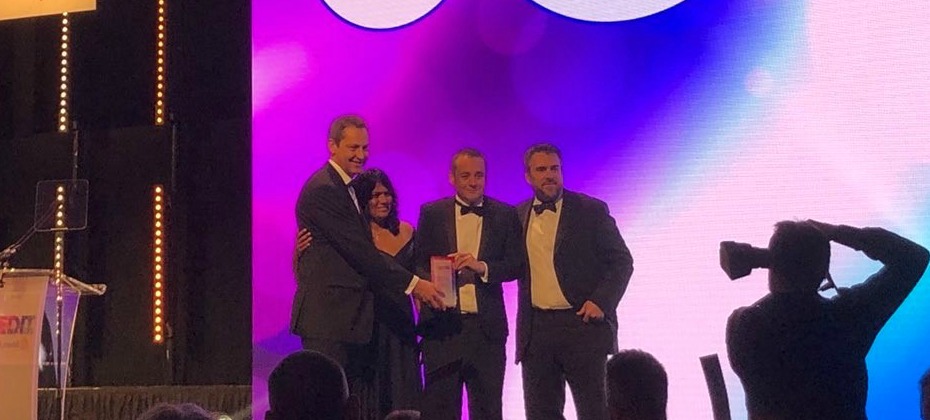
What would your reaction be if you were told you were one of the four million people in the UK who had a ‘thin file’? Justifiably, your first questions might be to ask what that is and why it matters. A person has a ‘thin file’ when there is limited financial information available about them, which means usually they have a lower credit score and fewer options available when it comes to accessing financial services. Research we carried out earlier this year found 1.2 million people with thin files are in groups whose household disposable income is forecast to fall in the coming years. As a credit reference agency, responsible for helping lenders to make informed decisions about their customers, the statistics are clear in showing there is work to be done. The commitment to address this issue is part of the reason why Experian was recognised for raising Consumer Awareness in Credit at the Credit Awards 2018. How can we help lenders to better understand the four million people in the UK who, at the moment, struggle to access mainstream financial services? For many people, a typical credit report may contain a bank current account, a couple of utility suppliers, a credit card and perhaps a mortgage. But what about those who haven’t opened a bank account, pay for their electricity and gas using a top-up meter and live in rented accommodation? How can we work with mainstream lenders so they can better understand these customers, and as a result, make informed decisions? Innovation is the only answer. At Experian, we believe finding new sources of data is the key to delivering better outcomes for people who have thin files. Our work with The Big Issue Invest on the Rental Exchange, which will mean 1.2 million tenants see their rental payments on Experian credit reports for the first time, is a great example of expanding our perspective on the regular payments people already make. By sharing this information with lenders, it opens up new possibilities for tenants across the UK. Our research on thin files has accurately sketched the issue in front of us, and we are making progress in raising awareness among consumers about how they can improve their credit profile – even easy, free choices such as registering to vote. Engaging with your financial information is the first step to improving it. Our challenge is now to find more sources of data which will allow lenders to recognise potential customers who, up until now, they have been unable to support. But more than that, to offer the analytics which turns data into an invaluable resource when making decisions.
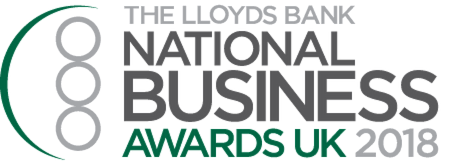
There’s no escaping the fact that data is universal; enabling our choices, fuelling our economy, informing decisions and shaping our ideas. It’s influence, driven and shaped by the digitalisation of our culture, is only set to expand as we enter the next decade. As the world becomes ever more connected, the sheer volume of available data will continue to grow at a substantial rate. So too will the range and variety of that data. With that comes huge opportunity for organisations to use data-driven solutions to not only deliver better outcomes for their customers, but take on some of the biggest challenges in society. At Experian, we believe data has the power to change the world for the better, and remain committed to creating new ways to drive innovation for the benefit of everyone. That’s why we’re proud to sponsor the very first ‘Data Excellence Award’ at the National Business Awards in November, championing the best examples of those working at the forefront of data and analytics. The ‘Experian Data Excellence Award 2018’ is designed to recognise organisations that are unlocking the power of data to create opportunities for people, businesses and society. If you understand that the value in data goes far beyond regulatory compliance, this is the award for you. It’s hugely exciting to be part of this year’s awards and we are looking forward to seeing some high-quality entries showcasing data excellence. Interested? Then visit the National Business Awards website for more information.

Today we announced our results for the last financial year. The results and the business growth are strong, and a reflection of the actions we have taken to build our success. While we posted some very good results – 8% total revenue growth for the year is great – but it is the people, the strategy and the execution behind those numbers that we are most proud of. In recent years, we intentionally set a course that started with a brand promise to power new opportunities for our clients while creating a better tomorrow for consumers and society. In the last year, towards our quest to achieve that promise, we have made significant progress: We have invested in technologies like API and analytical sandboxes to help us better serve clients worldwide and effectively and safely manage the data and decisioning tools that help our clients succeed; We have made key investments to add new sources of data – including the acquisition of Clarity Services in North America and our continued strategy to look at mobile phone data in EMEA and Asia Pacific to help those who are excluded from the traditional financial system; We have introduced new products for consumers that help them better protect their identities and help them effectively manage their financial profile and credit standings to help ensure financial access in today’s credit economy; and We have created innovations such as our “Text for Credit” offering, which not only makes it easier for consumers to have a seamless credit application process, but it also enables lenders to have a more productive relationship with consumers who are looking for loans. Those are just some of the efforts that underscore our financial results. But more important than the positive results is the fact that we achieved this growth while also staying true to our brand promise. We are doing great things around the world – for businesses, for people and for society. The possibilities and potential of data have never been more exciting or life-enhancing – and our belief remains that data is central to how we all live and has the potential to transform all our lives for the better. The work our nearly 17,000 employees are doing – and have been doing – is indeed transformational. And that is one result for which we couldn’t be prouder.

As the owner of one of those increasingly popular voice-controlled assistants, I get a weekly email from the supplier suggesting new things to ask it to do or help with. Rather conveniently, this week’s update arrived this morning and includes the suggestion: “[Hello], can you do maths?” I use the word ‘conveniently’ because among the various tasks on my to-do list today is ‘write a short blog about numeracy’. So now I have an introduction. Like literacy, numeracy – understanding and being able to apply numbers – is a vital life skill. They are both key foundations of our education from the earliest of ages and go on to support opportunity and achievement throughout our schooling, into the world of work and beyond. Low levels of numeracy in adult life can be a major obstacle to success. Most employers require at least basic maths skills. And if you struggle with numbers, making successful financial decisions about the money that going to work generates will be very challenging. But this is the reality for many adults today. In the UK, almost half of us possess the maths skills expected of an 11 year old. This is according to National Numeracy, a charity that champions the importance of good numeracy and provides tools to help people improve. So when National Numeracy asked Experian to support the UK’s first National Numeracy Day on 16 May we were delighted to say yes. I’m certainly looking forward to working alongside a number of other big brands as well as numeracy ambassadors Rachel Riley and Martin Lewis. It’s a great fit for Experian, a company with a long track record of supporting initiatives designed to help people make successful decisions, particularly around personal finances. Our learning resource Values, Money & Me is already used in primary-school classrooms around the country to help cement good financial habits from an early age. Similarly, millions of adults track the health of their credit with the help of a free Experian account, and use the built-in eligibility features to secure better deals on financial products. Like others, we firmly believe that maths skills and financial success are closely linked, so we’re delighted to be helping support and promote National Numeracy Day. We’ll be encouraging as many people as possible to tackle the National Numeracy challenge and, where necessary, to take follow-up steps to brush up on their maths skills and, as a result we hope, improve their financial futures. Written by: James Jones, Head of Consumer Affairs, UK&I

Elio Vitucci, CEO of Experian MicroAnalytics, authored the op-ed Financial Empowerment for the Emerging Market Consumer in U.S. News & World Report. To date, Experian MicroAnalytics has extended over 4.9 billion credit offers to the world’s unbanked people, and nearly half of those offers were in the past year. The new emerging market consumer is becoming empowered with tools and services needed for a better quality of life and economic vitality. Experian MicroAnalytics contributes to global progress by helping those with no credit history gain access to credit and financial products for their businesses and personal needs. In regions where financial history doesn't exist, understanding creditworthiness is a challenge. While only a small minority of people in emerging markets have access to credit services, the vast majority have access to mobile services — most of them on a prepaid plan. As such, an alternate credit identity can now be established. Financial services in the emerging world are drastically underserving the potential banked population. Long-term economic growth in the emerging world hinges on access to financial services. Unlocking the new consumer's credit capability is the new financial frontier. Learn more about how Experian is empowering emerging market consumers with financial products and services to improve quality of life and increase prosperity around the world.

Identity fraud is at an all-time high, and it can have devastating consequences on a person’s life. Victims of identity fraud may have to file for bankruptcy or deal with debt, which can sometimes cause personal relationships to suffer. Elderly people in particular are at the greatest risk of fraud out of any age group, as they tend to more trusting of phone calls, house calls and email scams. It’s my job at Experian to arm them with the tools they need to prevent identity fraud. The number one challenge in helping prevent identity fraud is lack of awareness. People simply don’t know all the risks, so education is a paramount priority. At Experian, we conducted research on the best way to educate different age groups, and found that it varied widely. While younger people are best reached online, older people are more responsive to face-to-face activities, which is part of the reason they are more susceptible to doorstep scams. To help educate elderly people, we found we needed to go out into the community and literally put useful information into people’s hands. As part of these efforts, my team at Experian first worked with the Outreach Solutions organization to help older people in Nottinghamshire, England, understand the dangers of fraud. The pilot campaign, “Tackling Fraud,” reached 15,000 U.K. residents over age 55, teaching them how to tackle the threat of fraud. We armed these individuals with expert advice on how to spot suspicious activity and stop it from happening to them or the people they care about. Given the success and great reception we had in Nottinghamshire, it was clear that this movement could continue growing. According to Experian research, Glasgow is one of the areas with the highest number of identity fraud cases in Scotland. We’d been testing a new television advertisement in Glasgow – marking the first time that identity fraud has ever been advertised on TV in the U.K. – so I made the case to run the next iteration of our Tackling Fraud campaign there, too. In partnership with the Glasgow Council for the Voluntary Sector, we worked with a range of individuals and community groups to provide fraud prevention training to more than 30,000 elderly people in the city.\ We’re dedicated to helping the elderly with our Tackling Fraud campaign, putting people in control of their lives by giving them the information they need to help them protect themselves. I hope that one day we can take this project throughout the U.K. Written by: Phil Rance, Director of Product Identity, Experian Consumer Services

I am delighted to be able to share the exciting news of Experian’s intended acquisition of ClearScore. By combining the experience and strength of our global organisation with those of a successful and rapidly scaling business, it’s our aim to create the most compelling destinations for consumer finances in the UK. Today’s announcement is the first step in delivering a pipeline of future products and services that will further improve consumer choice and access to credit in the UK and beyond. Consumer digital behaviour is rapidly changing the way we all access financial services. At Experian, we’re introducing a range of new services that meet the demands of this changing marketplace, helping people to manage their finances in a simpler, faster and more affordable way. Whichever device people prefer, at any given time, they will be able compare offers on credit cards, loans and mortgages to see which product best suits them, helping them to plan and better manage their financial lives. Like us, ClearScore is a leader in digital finances. It’s an incredibly dynamic organisation, with a large, enthusiastic and engaged group of users. Since its launch in 2014 the business has grown rapidly to more than six million users across the UK and South Africa access to a free credit report and scores. It is our intention to maintain the two brands alongside each other – both ClearScore and Experian. We want to offer services that appeal to the widest possible range of people, and each of these successful identities has a role to play in doing that. At the same time, by bringing ClearScore into the Experian family, we’ll be able to combine our skills and expertise to better enhance the consumer experience. Together we’ll accelerate the development of new, innovative products and services for both brands, leading to a better choice for people across the UK and beyond. Justin Basini, co-founder and CEO of ClearScore, has reiterated the importance of the acquisition: ClearScore is excited to join Experian in due course and to begin a new stage in our incredible journey. We will catalyse positive change for consumers as we combine the businesses and build a global business. It allows ClearScore to deliver on our mission – to help people sort their money – even more effectively. We will be better able to scale, more efficiently, with more resources at our disposal and this will allow us to deliver more for the people who matter most to us – our users. Experian is the world’s biggest credit information company, operating in 37 countries around the world, giving us a much bigger stage upon which to build ClearScore. As is common in a deal such as this, the agreement is subject to regulatory approval. Once that’s concluded, we’ll be able to talk in more detail about how and why this combination will help both Experian and ClearScore to achieve our shared goals. Namely, providing more choice and greater convenience to individuals who want to access personal financial products at the best prices, while also making it easier for businesses to connect with the right customers. In the meantime, it’s business as usual for both companies. We are immensely excited by the opportunities the acquisition of ClearScore brings, and look forward to welcoming the ClearScore team to Experian in due course.

Promoting a better understanding about how the credit economy works and improving financial awareness, so that people can take control of their financial situation with positive, proactive decisions, is absolutely fundamental to our business strategy. This is encapsulated through our financial education programmes. In partnership with Young Enterprise, we have created 28 Centres of Excellence for schools to support children’s financial education. And through Experian’s Values, Money & Me, we have created the UK’s first free online teaching resource to help children develop their financial knowledge and abilities. Credit Awareness Week is, then, a natural place for us to continue that focus. And to take that conversation more widely, to our industry partners, for us all to consider how we might find better ways of working, and drive better outcomes for our customers. There’s no doubt that we are living through a period of significant financial uncertainty. At times like this it is important that consumers are aware of all the options available to them from a financial perspective. And we believe your credit score is one of the first things you should look at. It’s perhaps surprising then that our annual Credit Awareness Week consumer survey found that public awareness of credit and how it can be used to help with day to day challenges still remains relatively low, despite some signs of improvement – potentially driven by the widespread availability of free score services. The percentage of people who said they know their current credit score went up from 22% to 26%, while 47% have ever checked their credit report, up from 45% last year. However, there is still much misunderstanding coming through. 39% of those surveyed wrongly believe their own credit score can be affected by a previous resident of their address having a poor credit score, while 14% think, incorrectly, that checking their own credit report and score has an impact on their credit rating. More than a quarter (26%) are also wrong to believe having a high income can affect their score, while 14% are incorrect to think checking their own score has an impact. The number of people who believe that the system needs to provide clearer explanation about how the decision was made when credit is refused has also increased. What the results of our poll tell me is that more needs to be done in promoting a better understanding about all the options available, like the existence of eligibility and comparison services which are designed to help empower people shop around for better deals and, where credit is concerned, avoid damaging their score while they do so. So there is work to do in building a better understanding about how credit works, which is something we are committed to and that’s why we are supporting this campaign. To help, Experian and Credit Strategy have launched an improved ‘credit refusal pathfinder’ [add hyperlink] tool, to help guide people who apply for credit and get turned down. I’d encourage everyone, even those of us who think we know this business inside out, to take a look at the tool. And, in the spirit of building greater trust and transparency with our customers, let’s take this opportunity to have a think about what we in the industry can do to make things clearer for people. Helping them understand how lending decisions are made and empowering them to take control of their financial situation and make better, sustainable choices through affordable access to finance.

As any new employee knows, it takes time to adapt to a new company and set of coworkers. I recently joined Experian’s team of 56 employees in the Netherlands office after hearing about the company’s inspiring work in the community. I was eager to get to know each colleague outside of our daily tasks so I could learn what type of CSR projects could work for our office. Luckily, I arrived just in time to participate in a new volunteer partnership with Stichting Present. Stichting Present is an organization that facilitates volunteering programs to support those facing poverty, poor health and social isolation. This new partnership gave my coworkers and I the opportunity to volunteer in the community. During last year’s holiday season, the Experian team collected personal hygiene items such as shampoo and body wash to donate to homeless individuals or those with mental health issues. This past spring, we spent two full days doing renovations for Stichting Leren Doen, a program that teaches at-risk students how to fix and sell bicycles. The students’ program was, by coincidence, moving into Experian’s old office building, so my coworkers and I helped give the place a makeover – we put in new floors, painted the walls, stairs and desks, installed new computers and completed some electricity work. Working together as a team helped us connect on a deeper level as we served those in need. These experiences have given me the opportunity to get to know and appreciate my colleagues better. For example, during the project, I learned that two of my colleagues had bonded with a young woman with autism who was the only female student of Stichting Leren Doen. Although the young woman was reserved at first, she eventually opened up and mentioned that she walked three hours to and from school every day. My colleagues were surprised by this admission and informed the director of the program. Since Stichting Leren Doen is a bike repair education program, the director presented her with a new bike to help shorten her commute. Her face lit up – she loved it. I cannot imagine a more fitting welcome to Experian. Opportunities like these are exactly why I joined the firm and why I am excited for the opportunities ahead. Giving back to the community is a big passion of mine, and I cannot wait to spend more time volunteering and getting to know my colleagues. Naomi Hardeveld HR Business Partner, Netherlands

Before you read this blog post, I thought providing you with an introduction to who I am might be helpful. My name is Jennifer Schulz and I am a 46-year-old white American woman whose DNA indicates my ancestors originated mostly from Europe with a very small trace from East Asia. I am married to Bob Roback, my partner in life. I am the mother of two incredibly active boys, ages 8 and 5. I am the bonus mom to our daughter (20) and son (soon to be 18). I am a sister, daughter and friend. I am also the very proud leader of Experian’s Health, Auto and Targeting businesses in North America. As #metoo swept social and mainstream media and drove hundreds of thoughtful articles on a whole host of gender related topics, I found myself reflecting and feeling genuinely grateful to be at Experian. During my interview and onboarding process four years ago, I came to realize that Experian had a great culture full of smart and genuinely caring people. It was – and still is – a culture characterized by a strong client orientation and financial performance, and genuinely wanting to do the right thing. It continues to be an organization with a determined focus on improving its diversity at the top. Our leadership knows that to stay innovative and attract and retain talent we have to make diversity a priority. As the global sponsor of Women in Experian and a member of the North American leadership team, I have had the honor of witnessing the progress the company has made as an organization over the last couple of years. We’ve invested time and resources to build out programs, change policies and make our organization even more inclusive. We’ve made progress around the globe: In the last year, we’ve added two incredibly strong women to our Board of Directors – Caroline Donahue and Ruba Borno. They join Deirdre Mahlan who has been on the Board since 2012. With these additions, women will comprise 27% of our Board. We continue to develop a strong proportion of women through our leadership programs globally. This is feeding our future talent pipeline. We launched Women in Experian in 2016 and now have active programs in every region supporting a range of initiatives including enhancing our parental leave and flexible work policies, creating mentorship and sponsorship programs, examining and addressing pay disparity and requiring our recruiters to present diverse candidate pools. Experian was one of 28 companies globally recognized on the Anita Borg Leadership Index of organizations that show strong representation and development of women technologists. We have continued to develop and adjust family friendly policies in a number of countries, aimed at giving given greater flexibility and choice for working parents and families. Although we celebrate progress, we know that we have more work to do. We need to increase the diversity in our senior leadership ranks. We need to increase the number of women in technology. And, most importantly, we need to continue to keep diversity and inclusion a priority. The other night while I was driving my son to his soccer practice, I received a work call. He sat quietly while I talked for a few minutes, well accustomed to my attempts to balance work and life. When I hung up the call, my son asked me, “What is International Women’s Day?” I answered by telling him (reminder he’s 8) that historically women haven’t always been treated fairly and that this day is about honoring and recognizing all the men and women who are working to make things fairer. He then asked if it was my full-time job. Suppressing a laugh, I said no, it’s not my full-time job but it’s an important part of it. He asked, “Why?” Why? I looked in the rear-view mirror and said, “Because I want to try to make the world better for you, your brothers and your sister.” I believe at Experian we are doing just that … making progress. Our momentum is building and tomorrow will be better. #PressforProgress
